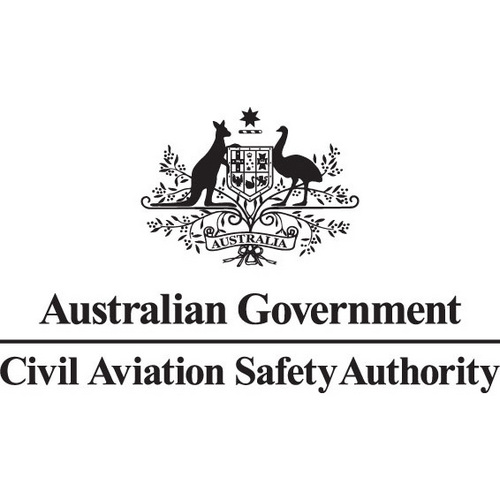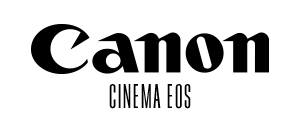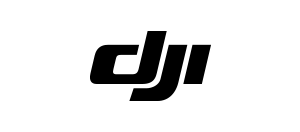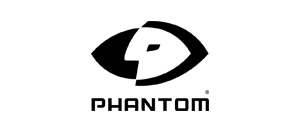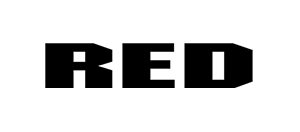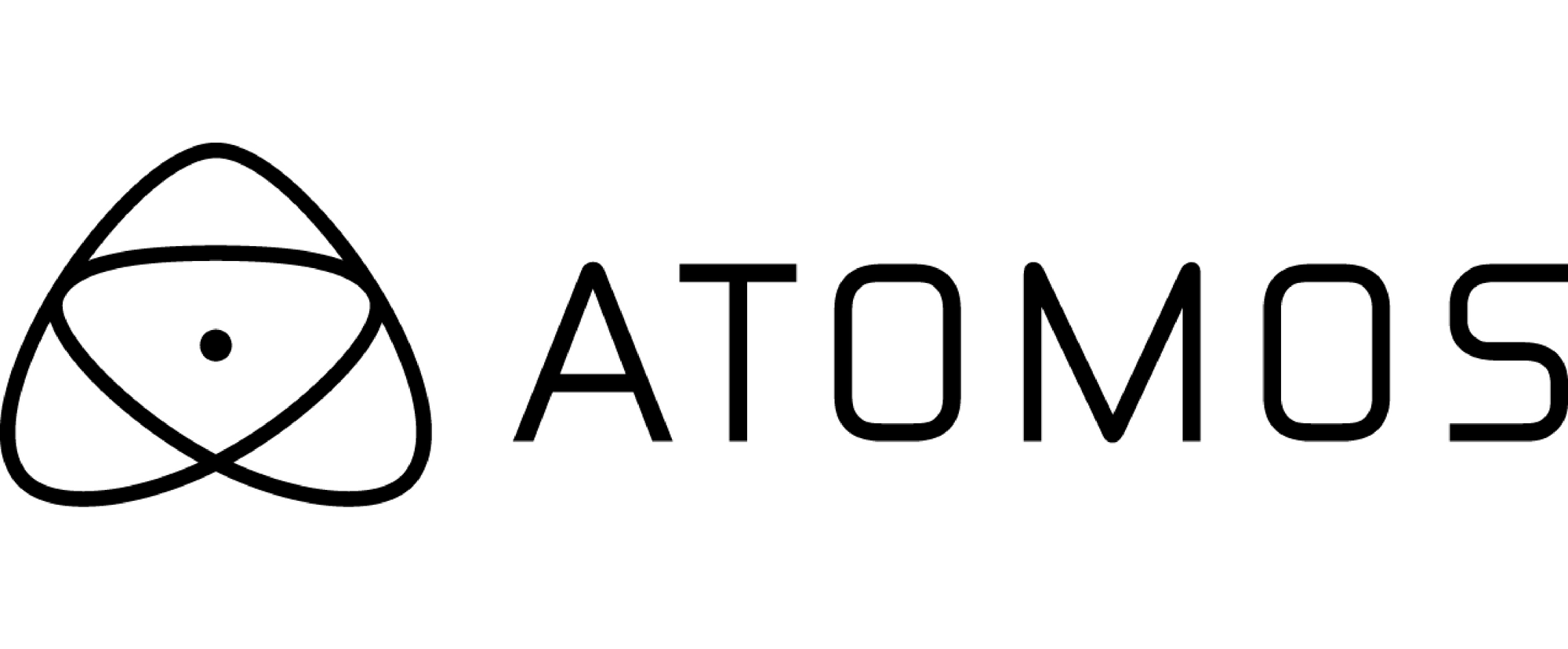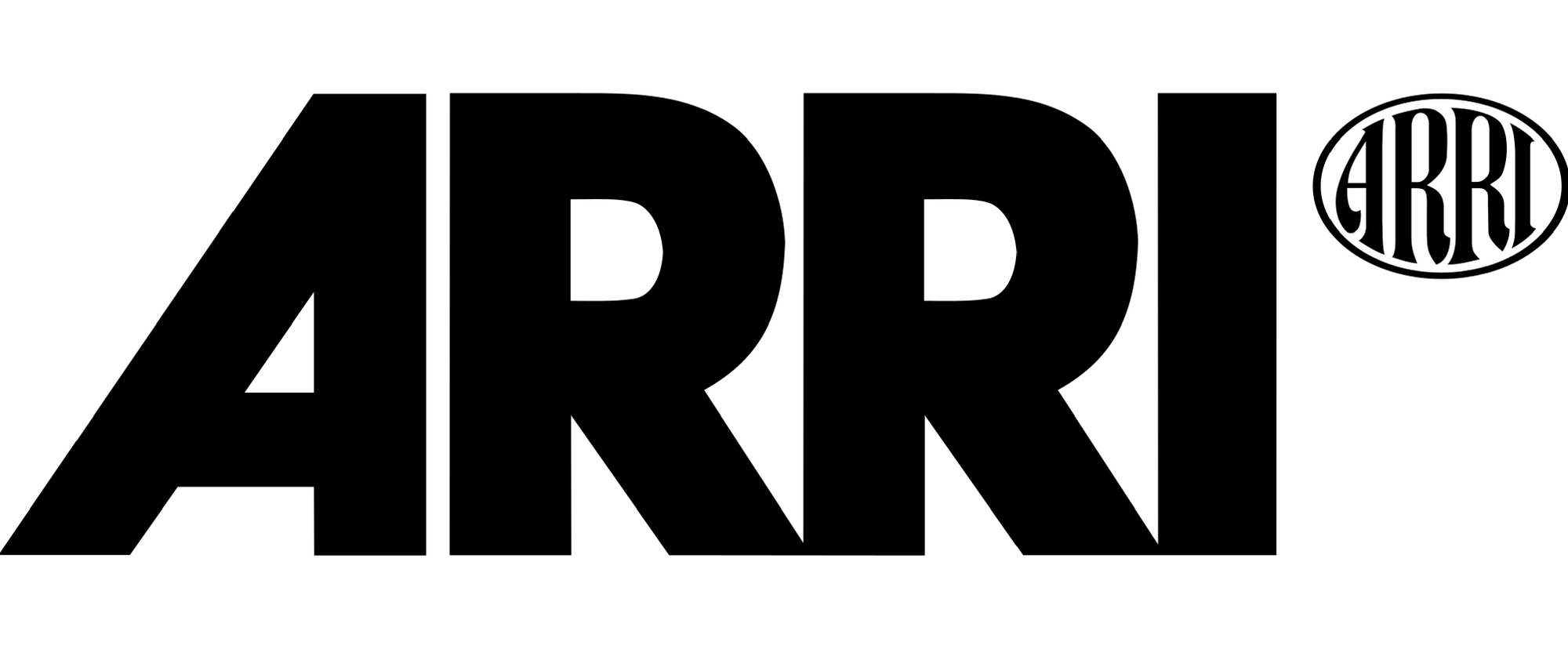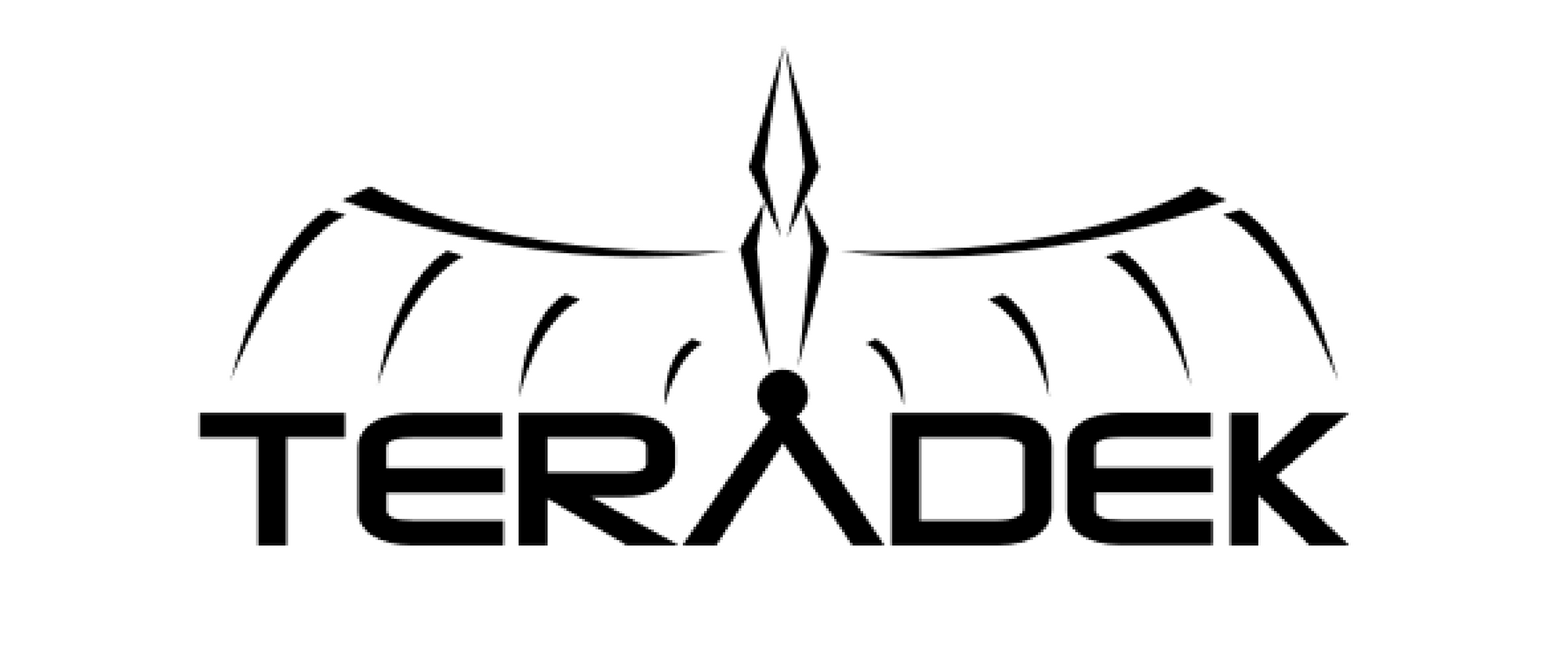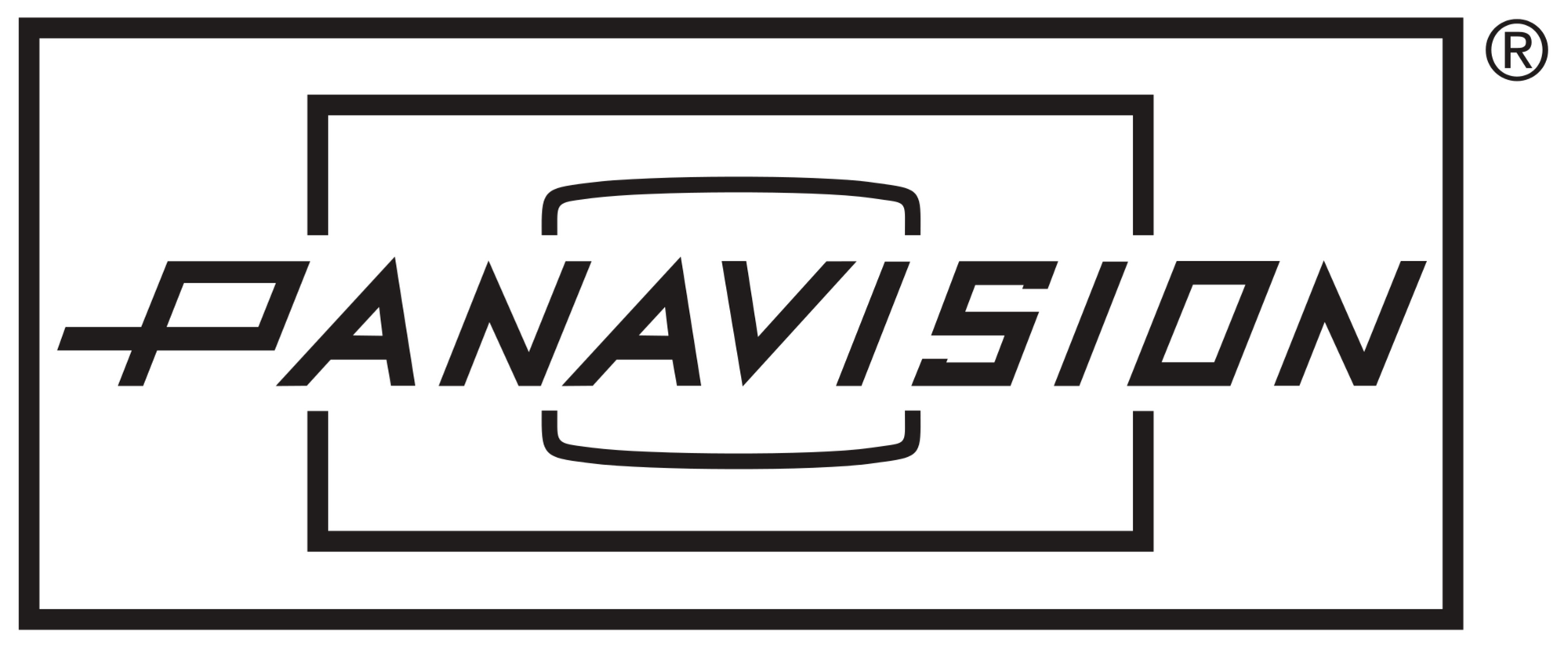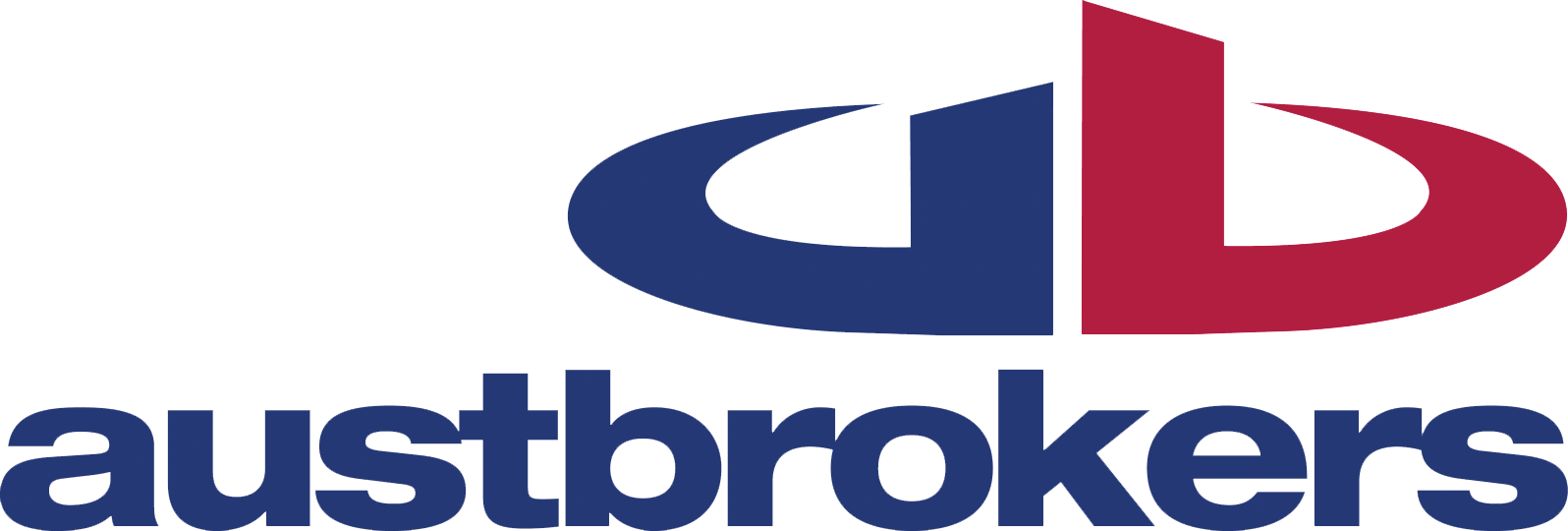6 THINGS TO CONSIDER WHEN HIRING A DRONE PILOT IN AUSTRALIA
3min read
Aerial cinematography can help you cut costs, deliver stunning footage that blows your client away and saves time onset.
More and more directors are discovering the enormous potential of drones to capture cinematic footage though with the recent London Gatwick airport closures and an overall rise of near-misses and mishandled drones buzzing around Sydney these days, we thought it was a timely reminder to take a look at the basics of the current CASA laws and regulations in Australia.
At it’s most simple breakdown, when hiring a drone pilot in Australia, be aware that currently it is against CASA (Civil Aviation Safety Authority) regulations to fly a drone above 2kg for commercial gain unless you have the required certification. Anything larger than a recreation DJI Phantom or Mavic drone (Inspire and Inspire 2 are well over 2kg) is off-limits as there is a serious rick of injury to both production crew and the public is mishandled or in the event of a malfunction. Both the pilot flying the actual drone, and the business that is conducting the operation require RePL AND ReOC certification. Remember that when it comes to drone operations, safety always comes first. Due diligence of the production company involved also comes into play, making you liable if you knowingly engage a drone operator without the correct licensing and experience!
Here are 6 things that simply can’t be ignored in Australia as the drone industry takes off into the mainstream film and TVC market:
Check the operator’s certifications. Don’t assume certification. It would be unwise of you to consider a person a professional drone pilot simply because you saw them with a drone. The pilot of a drone must have a UAV Controllers certificate (RePL), and the business must have a UAV Operators Certificate (ReOC) to operate in Australia.
Check a UAV operator’s insurance. Public Liability Insurance for UAV’s is ONLY available to certified operators. Important to note that drones have the potential to bring down a passenger plane. They also have multiple rotor blades spinning at up to 12,000 RPM and have the potential to inflict terrible injury to people and damage to property. A drone operator having the appropriate insurance is vital.
Check a drone operator’s experience. Being a wiz at flying a drone and having some fancy equipment is often not enough. Other skills such as knowing how to handle pressure whilst onset, knowing weather and wind anomalies, being experienced in cinematography, understanding the limits of each drone, the chance of equipment failure, and how to land quickly and safely when something goes wrong should all form part of a productive drone operator’s service.
Check that policies and procedures are in place within a drone operator's business. Always request confirmation that there are policies and procedures in place to ensure safe drone flying operations. Operators should follow the CASA rules and have procedures for flight plans and flight logs, as well as understanding how to manage any potential privacy or legal issues. Always request to see the drone operator’s flight authorisation documents. These will summarise the flight operation and will include sign off from the Chief Pilot in charge of the operation. This is mandatory paperwork for each flight carried out by a licensed drone business, If the paperwork is not in-hand onsite this is a big red flag.
Check that a JSA (job safety assessment) has been prepared. Preparing a JSA is part of the UAV regulations for each and every flight. Always request a copy of the risk assessment and job safety assessment from the drone pilot. Again, If the paperwork is not in-hand onsite this is a big red flag.
Always consider the place you are wanting to film or inspect. Is the drone operation over a populated area, city or restricted area? Is it near a military zone or close to an airport? Always ask the operator to check whether the area is safe to fly in and provide a copy of any authorisations and approvals included in their risk assessment. It will form part of the flight authorisation documentation as stated earlier. Consider that one of the main concerns from the general public regarding the use of drones is safety and privacy. Any operations must comply with the privacy act of 1988.
Have a question ask us anything
Cheers,
Cinematic Motion - Drone and Aerial Cinematography
Cinematic Motion is one of Australia’s safest, most recognised, aerial cinematography providers, utilising leading edge drone technology. We are committed to conducting our business, conducting our flights and conducting ourselves in a way that earns admiration and is beyond reproach.
Call Cinematic Motion today to discover how using our fully insured, licensed and experienced aerial cinematography team can help you cut costs, deliver stunning footage and saves time onset.
Tags: drone cinematography, aerial cinematography,TVC drone team, drone video Sydney, Sydney drone team, Australia drone pilot, CASA Licence, Drone Safety, Drone Laws Australia.


